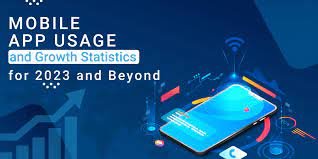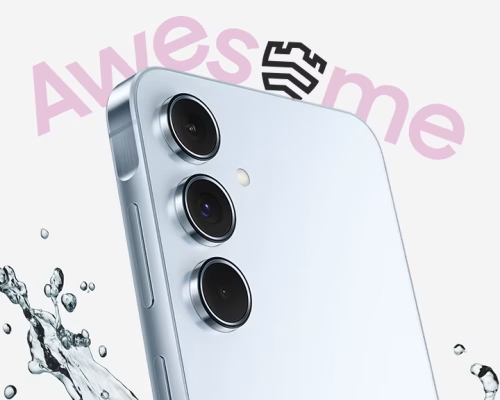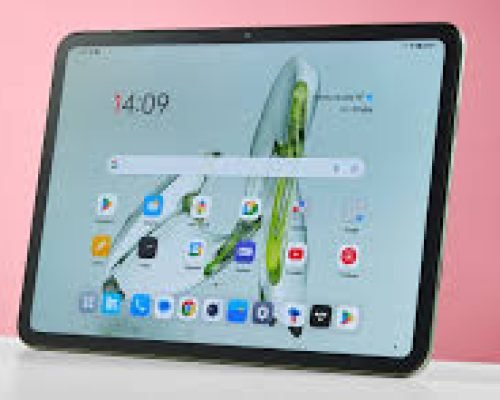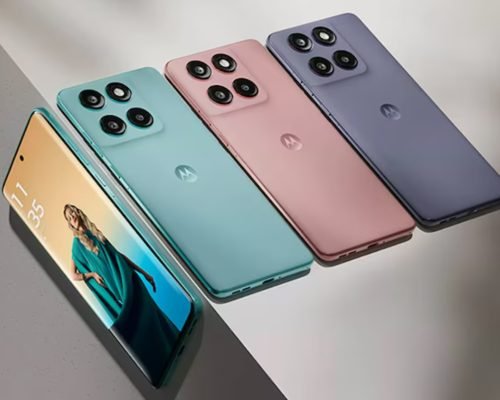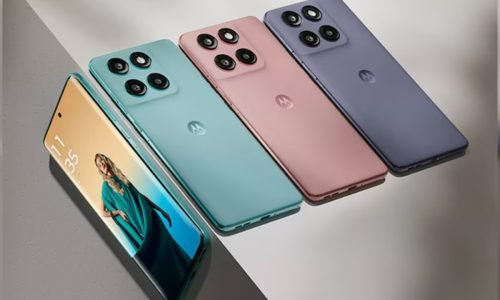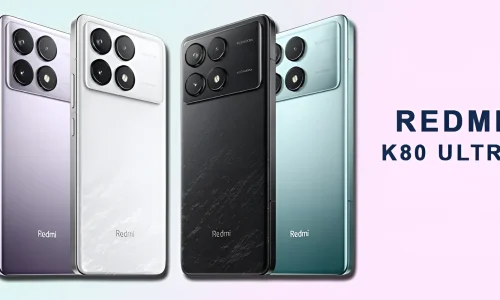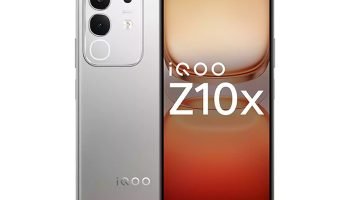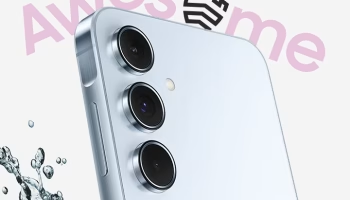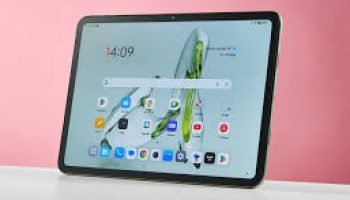In 2025, AI-powered personalization has become one of the most transformative forces in the smartphone industry. From real-time language translation to intelligent personal assistants and smart photography features, artificial intelligence is redefining how users interact with their mobile devices. Smartphones are no longer just tools—they’re becoming intuitive companions that adapt to individual needs.
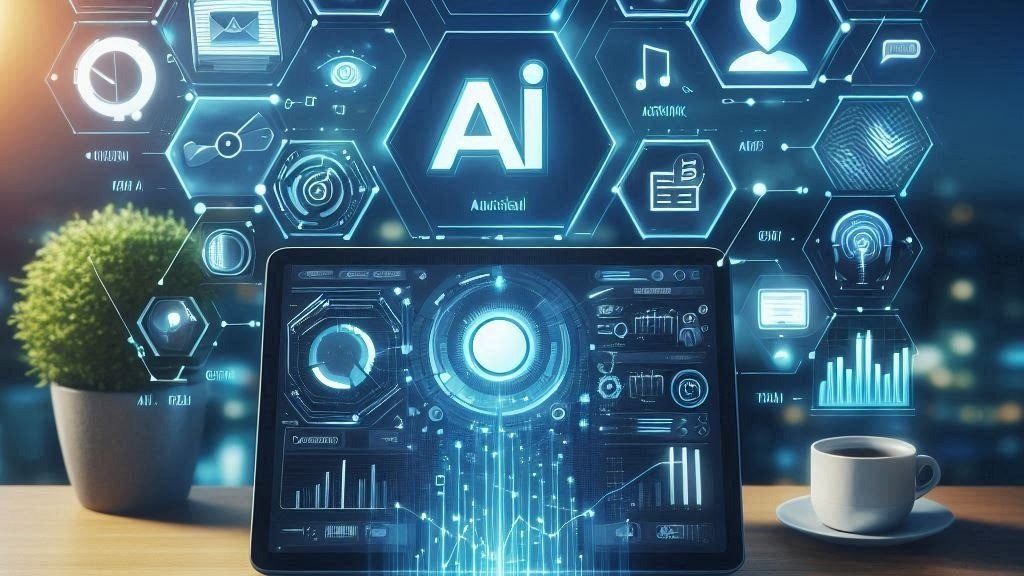
🤖 What Is AI-Powered Personalization?
AI-powered personalization refers to the use of artificial intelligence algorithms to tailor a smartphone’s functions and features based on the user’s habits, preferences, and behavior. This includes everything from suggesting the next app you’ll likely use to automatically adjusting brightness based on your surroundings.
Today’s smartphones, powered by AI chips and machine learning models, can recognize faces, voices, and even predict actions to improve performance, optimize battery life, and provide real-time, intelligent suggestions.
🌍 Real-Time Language Translation
One of the standout features of AI in smartphones is real-time language translation. Tools like Google Translate and Apple’s Translate app now leverage AI to offer seamless, on-the-fly translations. Whether you’re traveling abroad or chatting with someone in a different language, your smartphone can instantly bridge the communication gap.
🧠 Smarter Digital Assistants
AI assistants such as Siri, Google Assistant, and Bixby have grown significantly more intelligent. They can now schedule appointments, reply to emails, set reminders, control smart home devices, and even make contextual suggestions based on your calendar, location, and past behavior.
For instance, your phone might suggest turning on Do Not Disturb mode when it recognizes you’re in a scheduled meeting or prompt you to leave early based on traffic data.
📸 Smart Photography and Media
Modern smartphones come equipped with AI-enhanced cameras that automatically adjust settings like exposure, lighting, and background blur. AI can detect scenes—such as landscapes, food, or pets—and tweak the camera settings to capture the best possible shot.
With AI photo editing, users can now remove unwanted objects, enhance images with one click, and even create stylized portraits—all without needing professional skills.
🔋 Battery Optimization and Security
Another major benefit of AI is its ability to predict user behavior and adjust system resources accordingly. AI monitors app usage patterns to limit background processes and reduce power consumption, extending battery life without compromising performance.
In terms of security, AI improves features such as facial recognition, voice authentication, and threat detection, making smartphones more secure against unauthorized access and malware.
🔮 The Future of AI in Smartphones
The future promises even deeper personalization. Expect AI to become more proactive—anticipating your needs before you even express them. From healthcare tracking to emotion recognition, smartphones are set to become more empathetic, responsive, and adaptive.
AI-powered personalization is not just a trend—it’s the future of mobile technology. By blending convenience, intelligence, and security, smartphones are evolving into devices that truly understand and serve their users.
Stay tuned with mdseotools.info for the latest updates on AI and mobile tech.
Original trend source: mirzaahmedali.com
Would you like a matching meta description or keyword list for this post?
